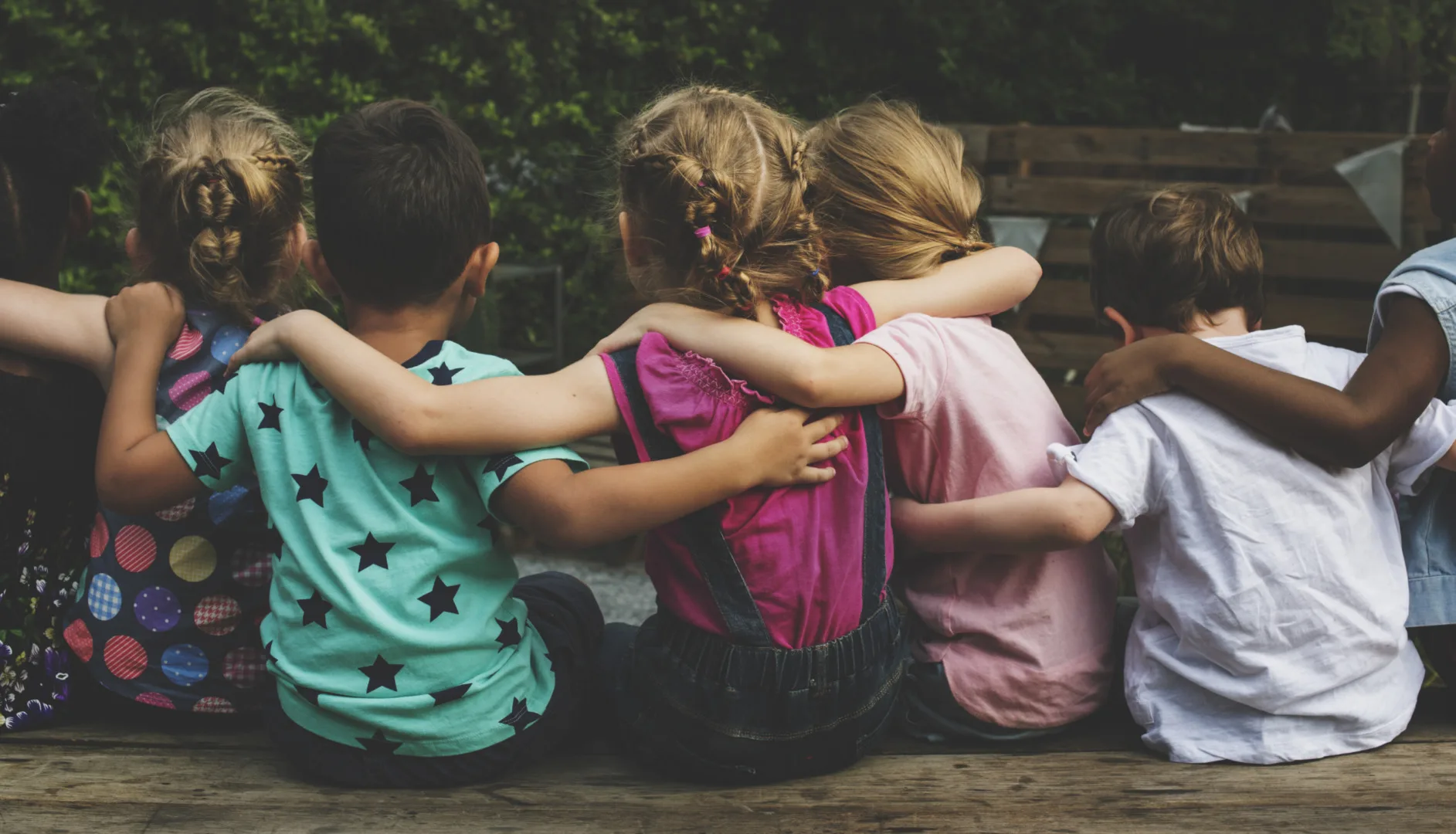The bell is now played in all schools; children return to class and the new year begins with new good intentions! If you want to help your children to face this moment, sometimes a little ‘tiring, good medicine is certainly listening to lots of music. This will help to stimulate the mind, to concentrate, to learn better, but also to socialize, because one ear trained to listen to music will certainly be able to listen to others better.
The Mozart effect
Have you ever heard of the Mozart Effect? This is a study conducted in 1993 by two physicists – Gordon Shaw and Frances Rauscher – who tried to demonstrate how, listening to the Sonata in D Major for two pianos, K.448 by Mozart, could improve cognitive and learning skills of the students, as well as the relational ones, including also the empathy towards schoolmates. The research was carried out on students subdivided into three subgroups: the first listened to Mozart’s sonata, the second listened to “easy listening music” (another genre of instrumental music), while the third remained immersed in total silence. When the two physicists analyzed the test results they were stunned, noting how the group of boys who had listened to Mozart’s sonata had scored more than the other students, with an average of ten points of difference.
When is music beneficial?
The research of Gordon Shaw and Frances Rauscher was questioned by several scholars until Glenn Schellenberg (1996), a professor at the University of Toronto, conducted an even more in-depth study of how effectively Mozart’s Sonata contributed to cognitive improvement, as an element that developed dopamine – a fundamental chemical mediator for brain activity. However, Schellenberg’s study will highlight how music stimulates our mind, as long as we like what we are listening to – whether it is Mozart, the Rolling Stones or Metallica.
The point of view of science is therefore quite clear: music is beneficial and stimulating, but only if the melody and the sounds we are hearing are “friendly” to us and do not impact us in any way.
At listening school
Listening, empathy, inclusion, are the elements of emotional intelligence that enrich the development of each child. It is no coincidence that in Swedish schools the time of empathy was introduced last year, in which children can share their problems and listen to those of others without judgment or embarrassment.
Also in Italy starting from this school year, the Florentine experimental school (primary and secondary) Città Pestalozzi has introduced, for the first time, in the school program the subject of emotional education which provides 1 hour per week in which children put themselves in barefoot circle for talking, confronting, listening to their schoolmates, but also the passages of their favorite music.
And starting from listening to music, as well as stories, fairy tales etc., the child develops the right concentration, empathy and the ability to weave social relationships. A good ear will undoubtedly be fundamental to know oneself, others and also to learn how to stay in the community. In fact, by listening to the experiences, there will be no more fear of expressing one’s emotions, even those kept more hidden, even finding that sometimes many of our fears are similar to those of others.
Born with the intention of encouraging children to listen to music and sound fairy tales, Ocarina finds itself fully aligned with these new educational trends: at the base of its mission, listening is considered a priority in every moment of life of a child, in the classroom, but also at home, for every type of learning.







